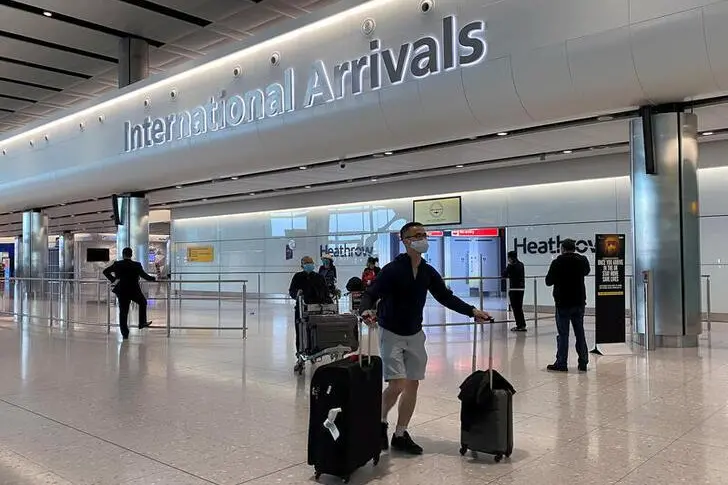PHOTO
HONG KONG - New economic bubbles are blowing. They may be less damaging than ones that irrationally inflate financial markets, but so-called travel bubbles present risks of their own.
Countries coping better with the pandemic are keen to open their borders to neighbours that are in similarly good health. Lithuania, Latvia and Estonia pioneered such an initiative in the European Union and others are plotting how to follow. Australia is exploring a “Trans-Tasman” zone with New Zealand, which just declared itself virus-free and lifted all domestic restrictions. China has allowed some essential business travel with South Korea and Singapore. Norway and Denmark, on the other hand, are excluding Sweden from their travel plans because of its higher Covid-19 case count.
These gradual easing of restrictions will be especially important for places that depend heavily on visitors to flourish. In 2018, tourism accounted for 4.4% of GDP and 6.9% of employment, on average, for OECD members. In some places, such as Macau, circumstances are even more dire.
Casino revenue in the gambling enclave fell 93% in May from a year earlier. Allowing mainland Chinese travellers to return home from Macau without having to quarantine would help lure high rollers back to the baccarat tables operated by Sands China, Melco Resorts & Entertainment and others. Of the territory’s Chinese visitors, ones from the southern province of Guangdong accounted for almost half in 2019, Morgan Stanley analysts reckon. And Beijing already has been laying the groundwork for a travel bubble of sorts for years with its $1.5 trillion Greater Bay Area integration plan.
Forging these reciprocal corridors of movement will depend heavily on trust, including in healthcare systems and virus testing regimes. Just as bilateral trade deals can strengthen some bonds, however, they often weaken others at the same time. Poorer countries are apt to be excluded from such travel pacts, widening the gap for economic recoveries. The geopolitical order also has been splintering at a worrisome pace, including Britain’s decampment from the European Union and the Trump administration withdrawing the United States from numerous international accords. The danger is that these travel bubbles, however welcome now, reinforce this trend toward balkanisation.
CONTEXT NEWS
- Australia and New Zealand are paving the way for the easing of travel restrictions between the two countries, Reuters reported on May 27, citing health officials. Norway and Denmark also will resume free travel between the two countries, but would exclude Sweden, where the number of Covid-19 infections is higher, according to media reports.
- London’s Heathrow Airport said it had been working with the UK Department for Transport on proposals to allow some unrestricted travel, Reuters reported on May 18.
- Hong Kong is mulling an electronic health certificate that would exempt residents from quarantine when they visit Macau and Guangdong, the South China Morning Post reported on May 16. The city is extending its mandatory 14-day quarantine for travellers from mainland China, Macau and Taiwan to July 7.
(The author is a Reuters Breakingviews columnist. The opinions expressed are her own.)
(Editing by Jeffrey Goldfarb and Jamie Lo) ((sharon.lam@thomsonreuters.com; Reuters Messaging: sharon.lam.thomsonreuters.com@reuters.net))





















